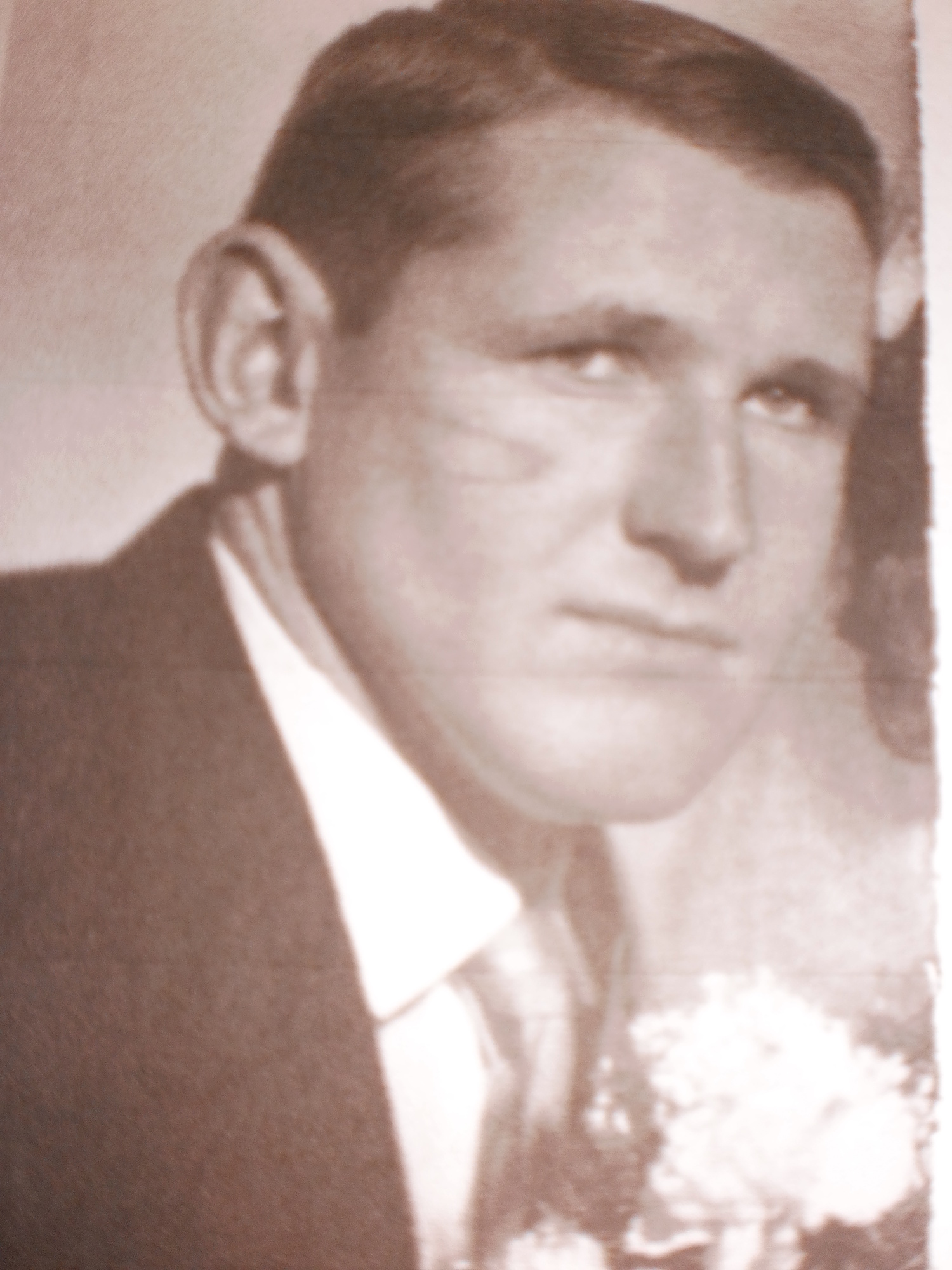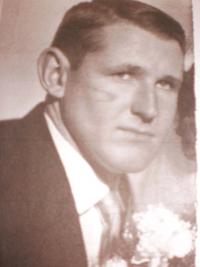We toiled like horses and we did not have any money from it at all
Josef Kůs was born July 6, 1938 in Netunice near Pilsen in the family of small farmer Jan Kůs. His mother died of tuberculosis when he was four years old and Josef’s life was thus severely affected not only by the lack of maternal love, but also by many instances of injustice which he was experiencing during the forced collectivization process in the 1950s. The Unified Agricultural Cooperative (JZD) confiscated the fields from the Kůs family and as a replacement they were given low-quality land which the Kůs family then cultivated for many years. In 1957 Josef’s father succumbed to the blackmailing by the JZD and he became forced to join the cooperative, thereby officially surrendering the fields which had already been confiscated by the JZD a long time ago. As an enemy of the state, in the same year Josef was sent to the Auxiliary Technical Battalions (PTP) in Komárno in Slovakia for his military service and he was experiencing severe psychic deprivation there. His father was imprisoned in the Pilsen-Bory prison and after six months he returned with damaged physical and mental health. After his return from the army service in 1960, Josef Kůs began working in the agricultural cooperative as a tractor driver and he continued working there for another ten years. Then he suffered a work-related injury and he received partial disability allowance. In 1977 the cooperative requested them to turn back the fields which they had provided to the Kůs family in 1952. Josef took the case to court, but he still has not succeeded. The injustice which he had been experiencing throughout his entire life had an effect on his mental health. He suffered from depression and inability to trust people and in the past he had been contemplating suicide. He raised three children with his wife. He died on January 19, 2025.


